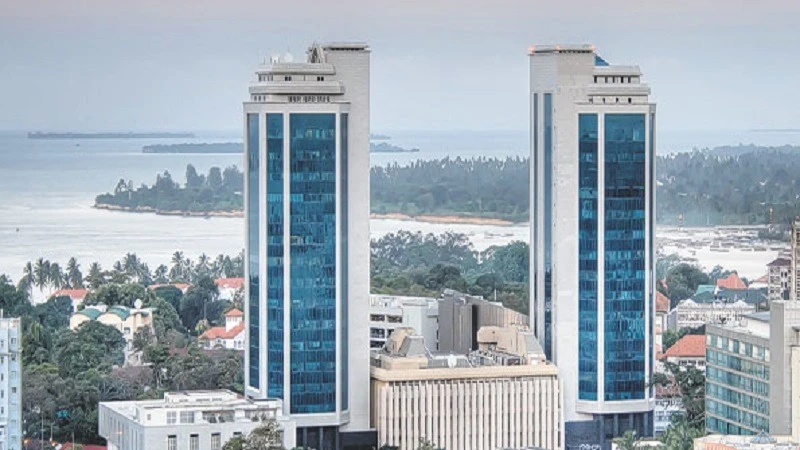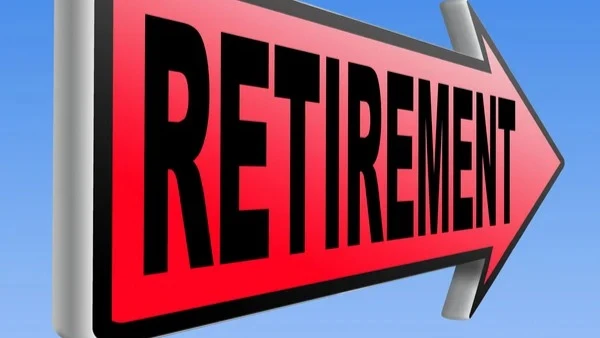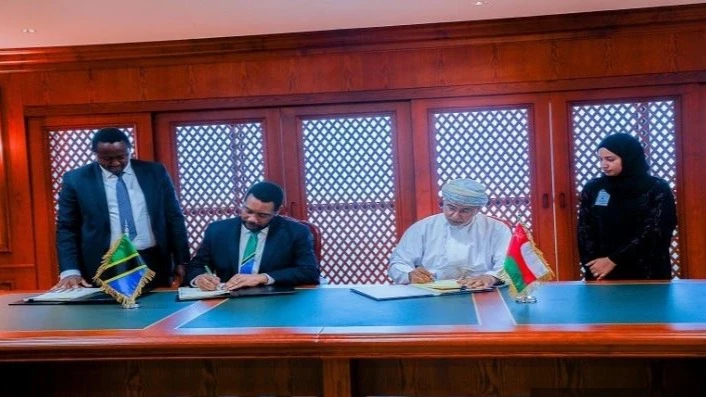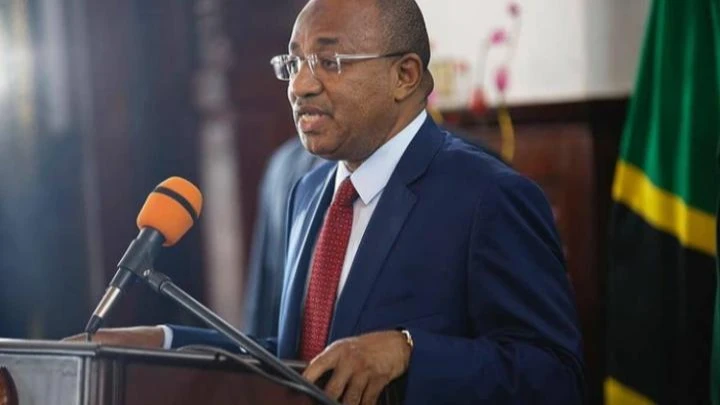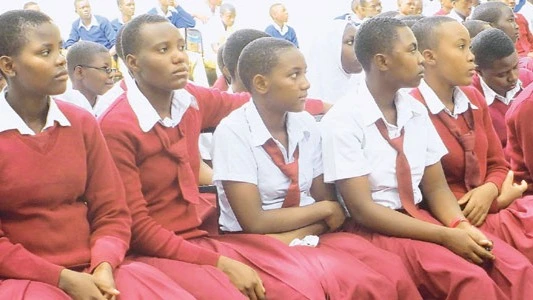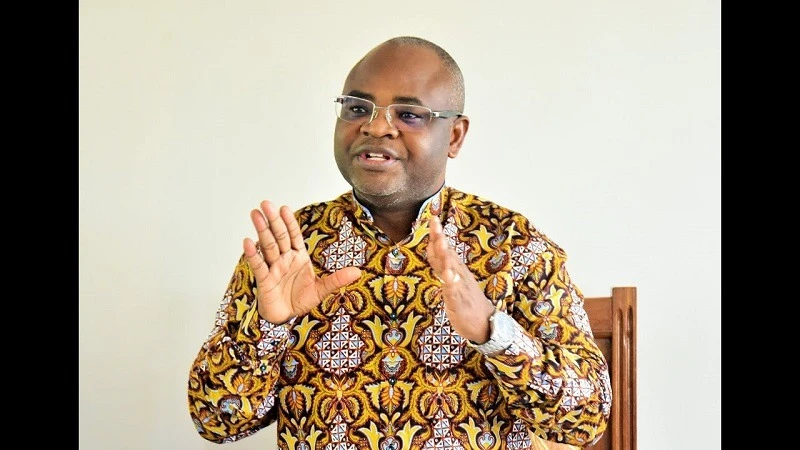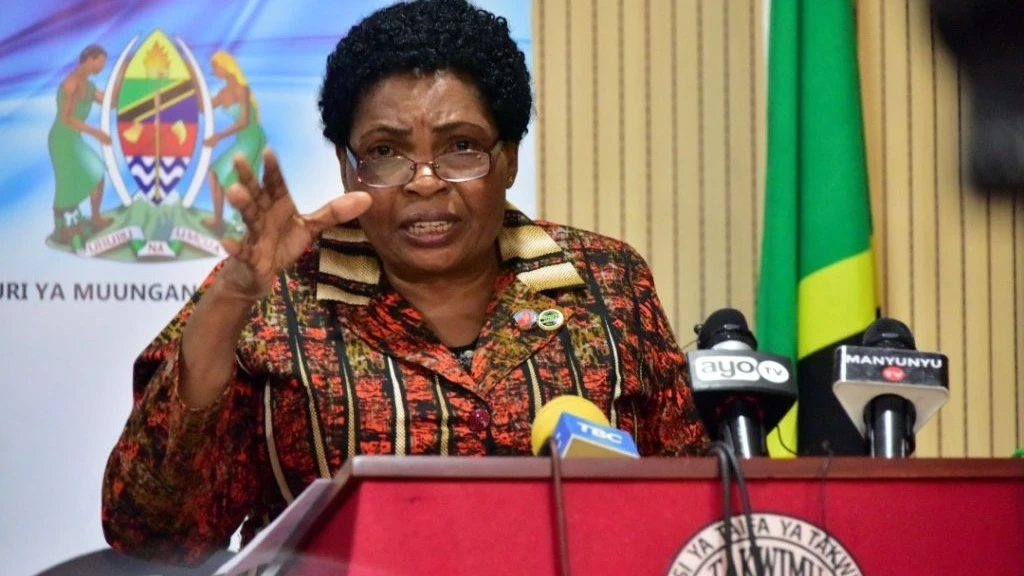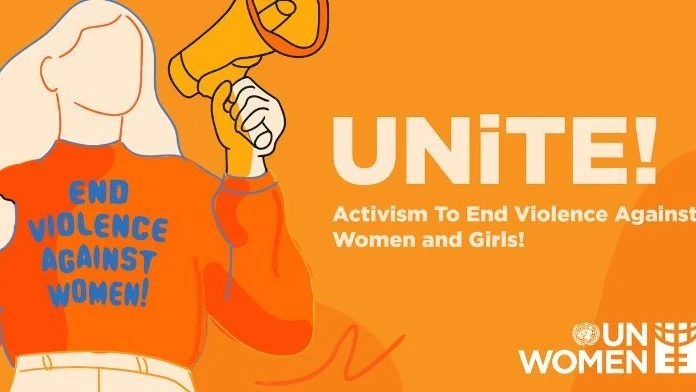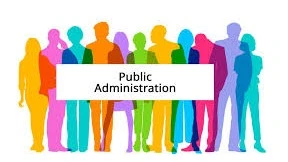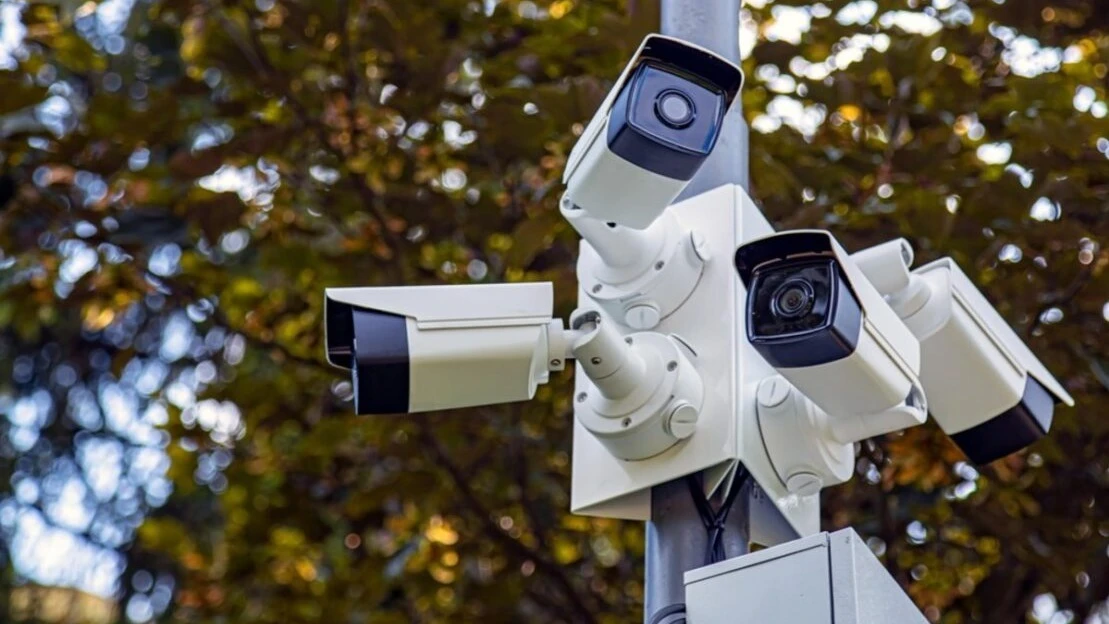Why many diplomats view UN Security Council seat as a matter of life and death
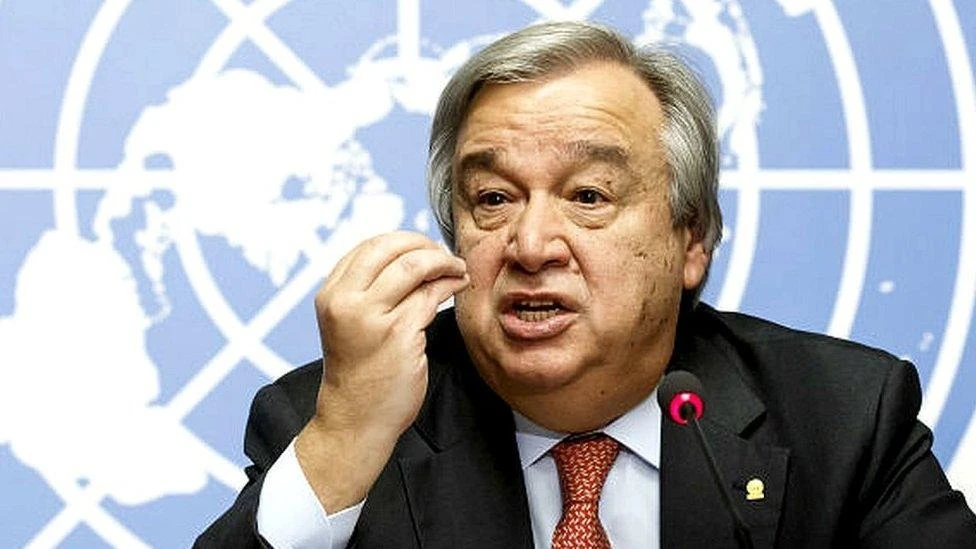
PLENTY is being said – and heard – at the ongoing plenary sessions of the United Nations General Assembly.
Some of that is detailed and strategically promising, while the utility of some of the more strident themes is hard to define from a bread and butter aspect.
It is the seeming breakthrough of Africa’s bid for a UN Security Council permanent seat being achieved.
A top diplomat, none other than the Russian Foreign minister, has recently backed that bid – of course, basically symbolic, as it was just in a UN General Assembly speech.
It is a bit perplexing as to what Africa’s leading diplomats expect from having a permanent seat in the Security Council, especially as Africa has always coveted the veto power.
Still, going by how the Security Council votes on a day to day basis, only the United States and Russia regularly make use of their veto power, as they lead blocks of countries within the council and in the wider assembly.
The series of resolutions placed before the council and often vetoed by the US and by Russia occasionally.
Looking at how Africa views the world, and the content of its positions in the UN General Assembly or its initiatives like South Africa filing a case at the International Criminal Court against what it described as genocide in Gaza, it is evident that Africa belongs to the BRICS camp – that is, contrasted with NATO.
The latter camp stands upright for democracy and unimpeded respect for pluralism and other facets of the International Declaration of Human Rights. Meanwhile, the former appreciates this key ingredient to global peace and harmony with various levels of mitigation – even mild reservations.
Africa’s desire for a permanent seat on the UNSC is considered ‘legitimate’ by a series of top diplomats, among them the UN Secretary General.
However, that doesn’t mean that it is feasible or strategically usable, especially with Russia supporting similar bids by India and Brazil.
The latter two countries might be considered more credible than any specific African country courtesy of the clout they have around the world.
But it would not be as much at UNSC level, where even China doesn’t have veto power ahead of Russia.
Russia will have a greater role than China on most world issues. Similarly, France and Britain rarely cast vetoes to outstrip their US ally.
The idea as expressed by the top Russian diplomat that admitting Africa to the UNSC inner circle would help elevate the voices of developing countries is partially true but might prove dysfunctional.
Africa has a number of revolving seats in the council, where Algeria has used its current membership of the council to bring up several resolutions. It did so as a member of the Arab League.
Meanwhile, many other African states are Anglophone or Francophone, and finally BRICS allies, which removes the strategic demand for veto power. That would mean merely influencing the vote taking in the inner circle by joining the Russia-China minority group, while actually still effectively without the all-important veto power.
Top Headlines
© 2024 IPPMEDIA.COM. ALL RIGHTS RESERVED






